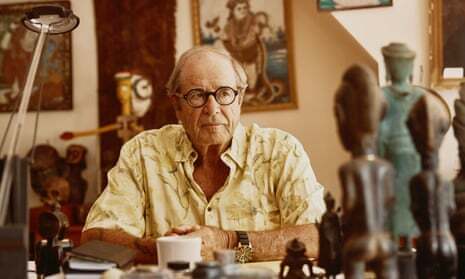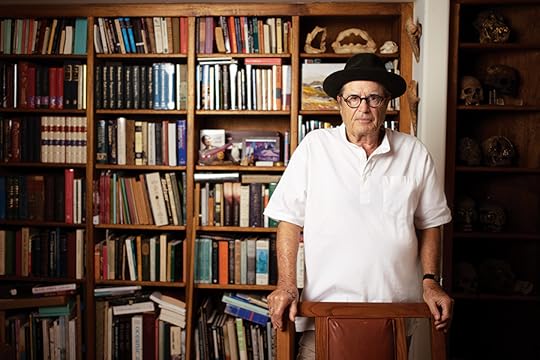What do you think?
Rate this book


304 pages, Paperback
First published January 1, 2011

Thoreau made a sacrament of walking & was a constant analyzer of his own experience. This sacramental walking must not be confused with mere physical exercise, Thoreau says, but is more akin to Yoga or a spiritual activity. "Two or three hours of walking will carry me to as strange a country as I ever expect to see. A single farmhouse which I had not seen before is sometimes as good as the dominions of Dahomey."The Tao of Travel is rather seriously researched, as in the case of comments regarding Edgar R. Burroughs of Tarzan fame and also Saul Bellow's Henderson the Rain King, both set in Africa, an area never experienced by either author. In fact Bellow's novel is an odd sort of parody in which the author was scolded by a University of Chicago ethnology professor whose course Bellow had taken, this being just another example of travel based solely of culled sources & on the imagination.
Thoreau, who avoided traveling on ocean, in desert or through wilderness, belittled foreign travel, persuasively insisting that it was not necessary. "There is in fact a sort of harmony discoverable between the capabilities of the landscape within a circle of 10 miles' radius, or the limits of an afternoon walk, and the threescore years & ten of human life. It will never become quite familiar to you."

I faced another difficult night & the nights were far worse than the days. I lay with my eyes shut, insisting to myself, "If I were in London I would give anything to be here"...No, I would rather be starving as I was than sitting in a chair somewhere in England, replete with food, listening to the wireless & dependent upon cars to take me through Arabia. I clung desperately to this conviction. It seemed infinitely important. Even to doubt it was to admit defeat, to forswear everything to which I had held.In describing Jonathan Rabin's book Bad Land Theroux describes the book as a highly original portrait of Prairie America, combining travel, history, biography & autobiography in which the author describes how people adapted to the rigors of weather, the landscape of an inland sea in which the emigrants to these parts are like solitary voyagers. Here is a sample of Rabin's writing:
This is magnificent thunderstorm territory. The only time in my life when I have been seriously afraid of lightening was in eastern Montana on a dirt road miles from anywhere...The distant storm winked & winked again. Like photo-flashes going off in the face of some celebrity on the far side of a city square, these blips of white light seemed no business of mine, and I drove on...Paul Theroux's The Tao of Travel is a collection of fascinating fragments that form a comprehensive & purposeful traveler's almanac. I have enjoyed this book over a great deal of time, pulling from it what might be termed analects for those interested in travel of any sort.
Closer now, the lightening flashes were like the skeletal inverted leaves of ferns & when the thunder came I took it for some gastro-enteritic flare-up in the car engine--a blown gasket or a fractured piston.